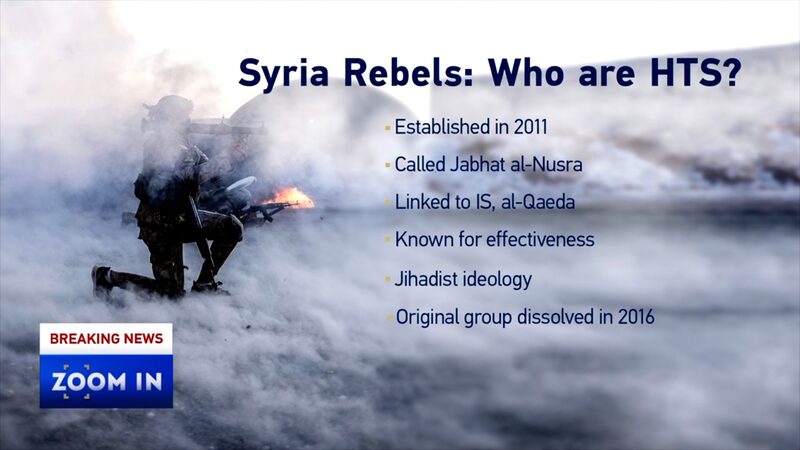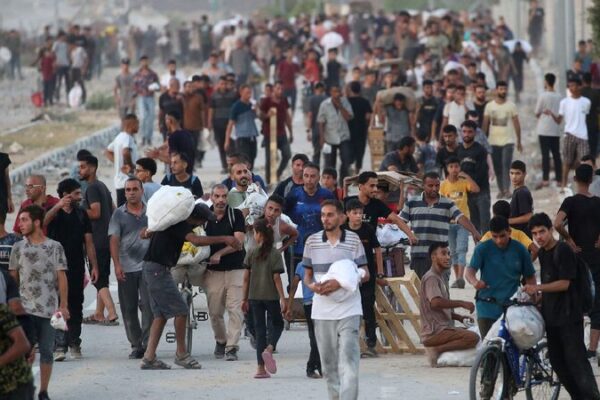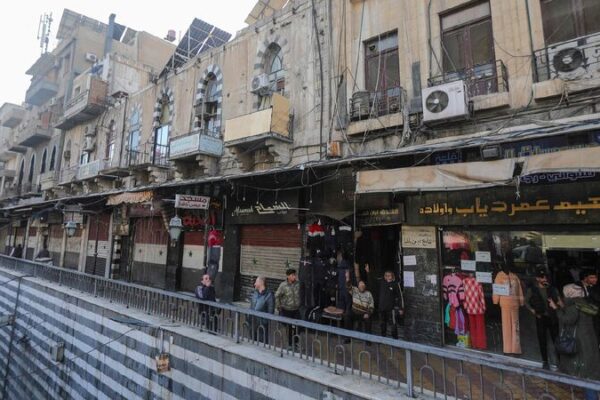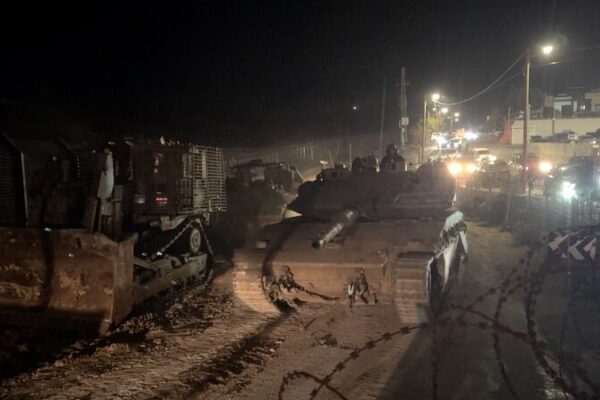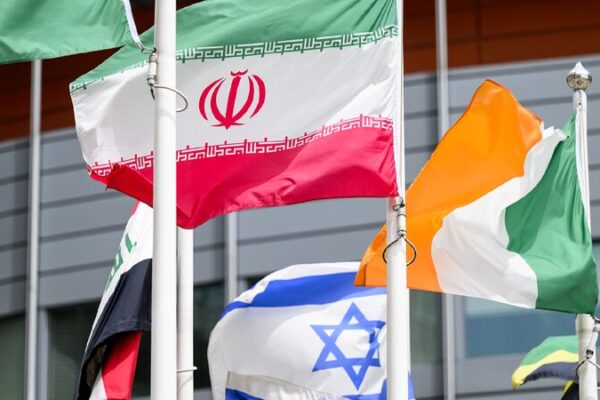After over a decade of conflict, Syria stands at a crossroads. With ongoing tensions and a complex web of regional interests, many are wondering: what’s next for Syria and the Middle East?
A Nation in Transition
Syria’s civil war has left the country fragmented, with its people facing immense challenges. Reconstruction efforts are slow, and millions of Syrians remain displaced both within and outside the country.
Regional Dynamics
The conflict has drawn in multiple regional and international players, including Iran, Russia, Turkey, and the United States. Each has its own interests, making the path to peace even more complicated.
Power Struggles
The presence of various armed groups continues to pose security threats. Interactions between Kurdish forces, opposition fighters, and government troops could significantly shape Syria’s future.
Implications for the Middle East
Syria’s situation affects neighboring countries like Turkey, Iraq, Lebanon, Israel, and Jordan. Border security remains a top priority as these nations seek to prevent the spread of instability.
Looking Ahead
Dialogue among Syria’s factions is crucial. Successful mediation could pave the way for lasting peace, but failure may lead to renewed conflicts. The international community’s role in supporting these efforts cannot be overstated.
As the region watches closely, the next steps taken by Syria and its neighbors will have profound effects on the Middle East’s balance of power and future stability.
Reference(s):
cgtn.com
